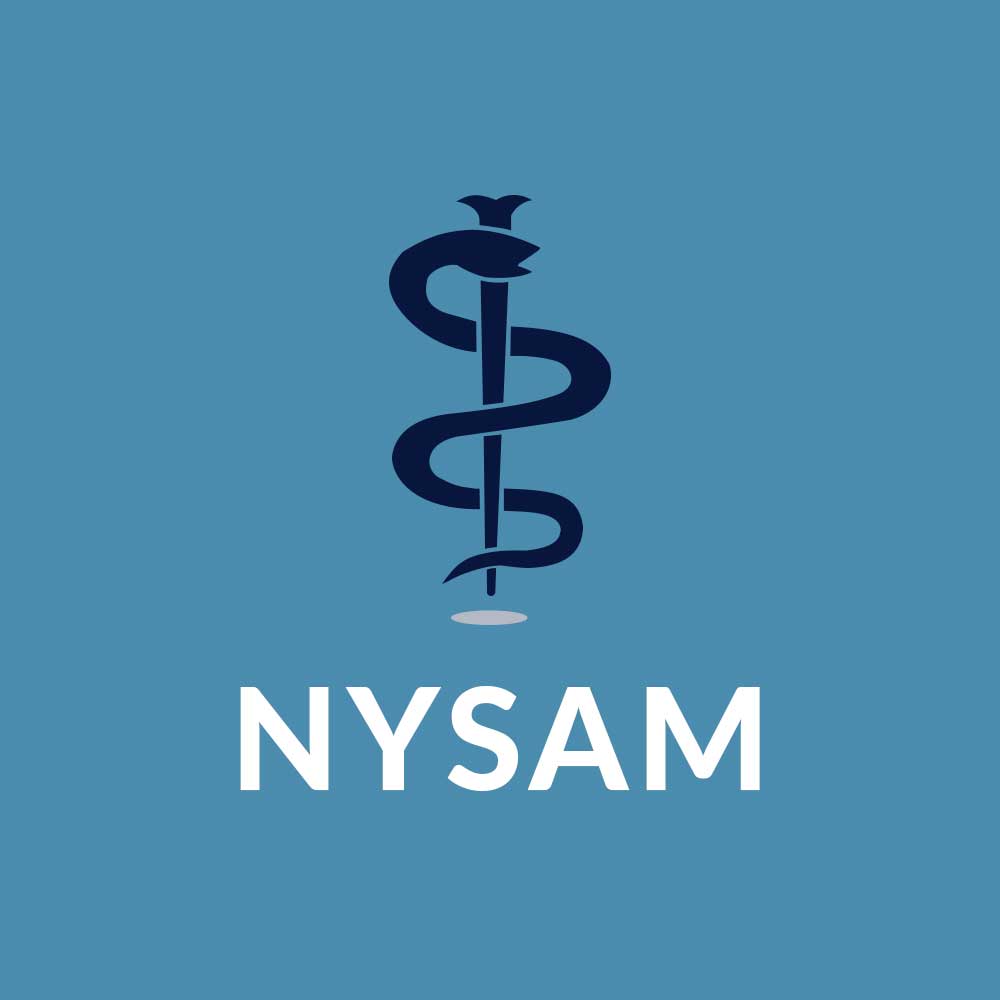NYSAM Members,
We are writing about a few key updates pertaining to the care of patients with opioid use disorder (OUD):
- Updates on the DEA 3-Day Rule
- Previously under 21 CFR 1306.07(b), “a physician is authorized to administer narcotic drugs to a person for the purpose of relieving acute withdrawal symptoms when necessary while arrangements are being made for referral for treatment, even if that physician is not registered as a Narcotic Treatment Program (NTP). A limitation of this regulation includes that not more than one day’s medication may be administered to the person or for the person’s use at one time. Such emergency treatment may be carried out for not more than three days and may not be renewed or extended.”
- In an effort to decrease barriers to accessing treatment, the new rule allows DEA licensed providers at clinics, hospitals, or ERs to dispense a 3-day supply of OUD medications at one time, instead of a 1-day supply for 72 hours. Providers do not need to have an X-waiver for this but do need to be licensed by the DEA. For questions and to request an exception to the 1-day supply limitation by emailing ODLP@dea.gov with the subject line: “Request for Exception to Limitations on Dispensing for OUD”.
- See the full letter from the DEA here.
- US Department of Justice Civil Rights Division Guidance on Discrimination Protections for People with Opioid Use Disorder
- People with OUD in recovery, not engaging in illegal drug use including those taking medications for OUD are protected under federal anti-discrimination labs including the Americans with Disabilities Act (ADA).
- Document includes guidance about how patients with opioid use disorder are protected by federal anti-discrimination laws including discrete examples such as: patients being turned away by ED if experiencing an overdose, jail not allowing continuation medications for OUD (MOUD) to inmates previously on these medications, a doctor’s office refusing to care for patients with OUD, etc.
- It also includes guidance on what to do if you or your patient has experienced discrimination because of their OUD or treatment for their OUD including how to file complaints with the Department of Justice.
- See the full guidance here.

